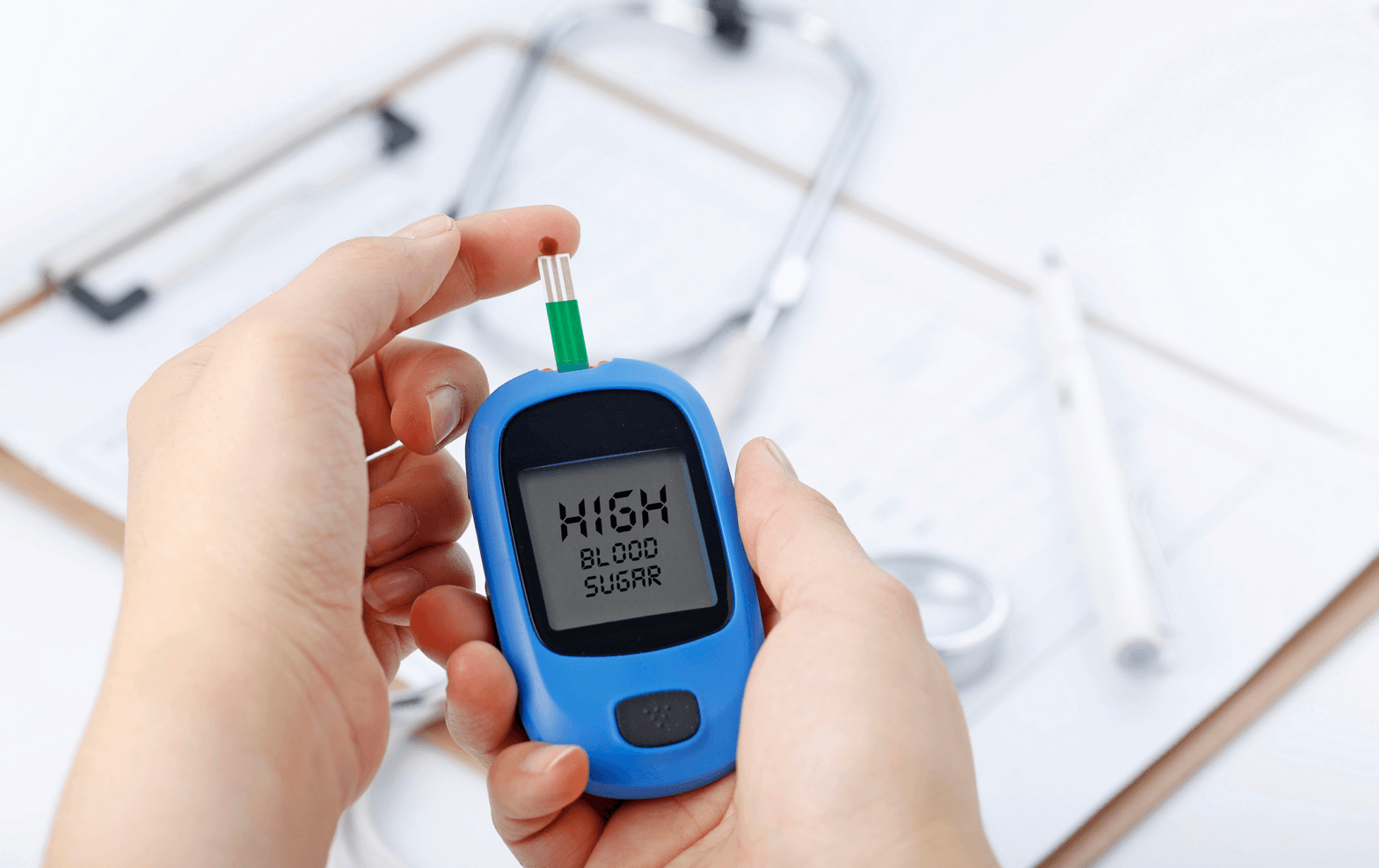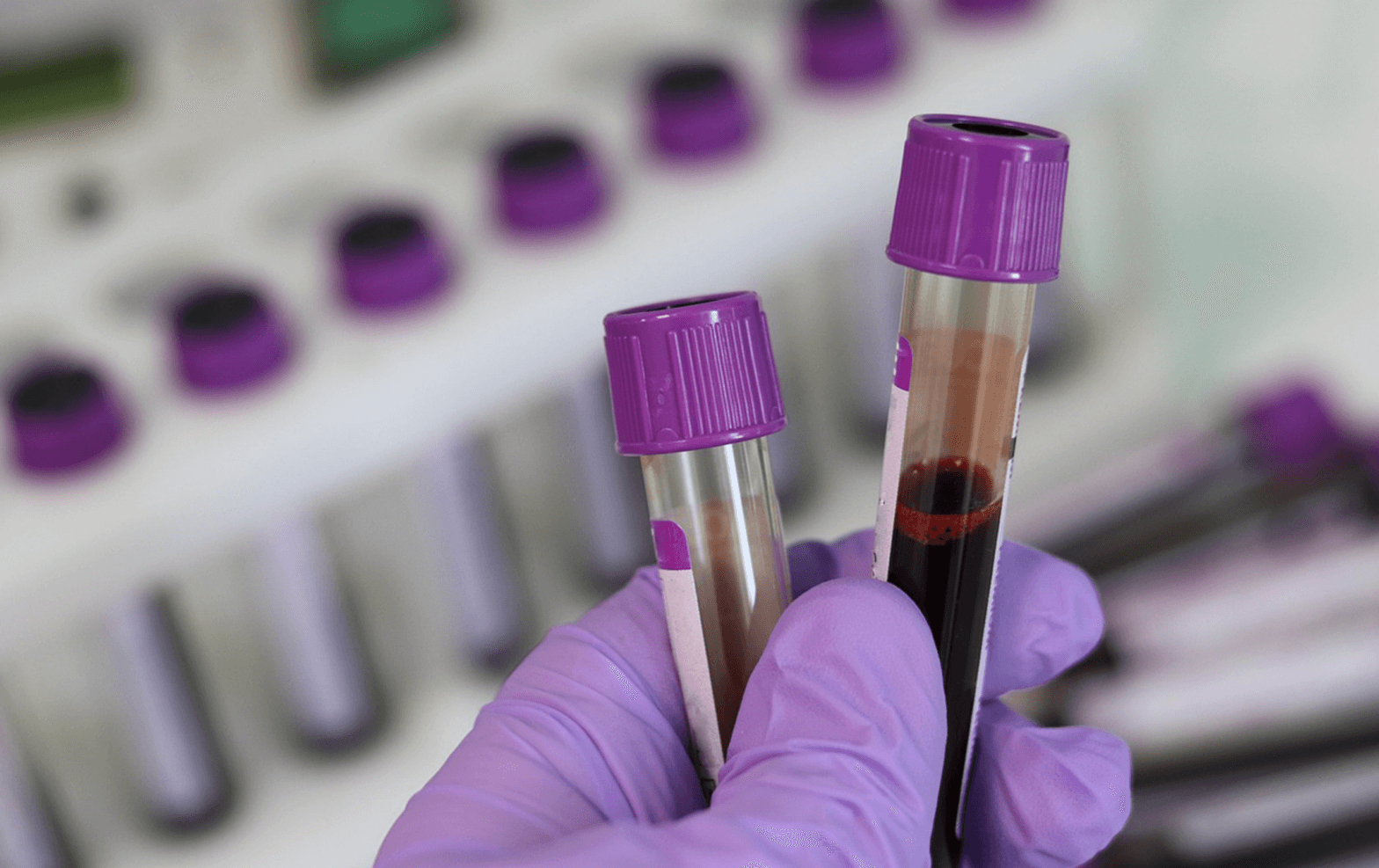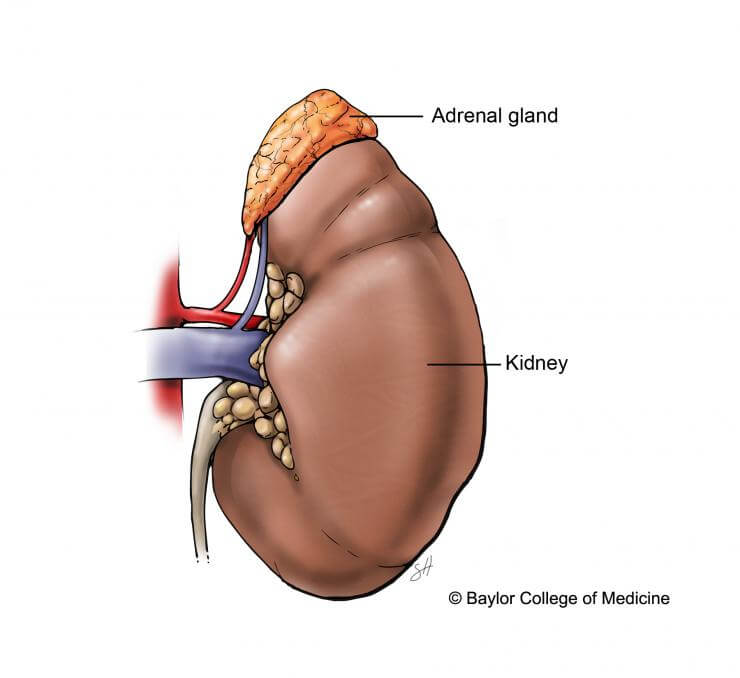Last updated: June 26, 2024
9 mins read
Key Takeaways:
- Cortisol is a hormone crucial for stress regulation, metabolism, and immune function. Its levels follow a diurnal rhythm, peaking in the morning and declining by evening.
- Cortisol aids in managing physical and psychological stress. Chronic high cortisol levels can lead to serious health issues related to inflammation and cardiovascular health, while low levels may indicate adrenal insufficiency.
- Regular at-home testing of cortisol can detect abnormal levels early, helping prevent potential health issues. SiPhox Health offers convenient testing kits to monitor cortisol along with other important health markers.
When stress is short-lived, the onset of atrophy is reversible, but long-term stress can lead to the death of neurons located in the hippocampus. [2]
What is cortisol?
Cortisol is a hormone synthesized and secreted by the adrenal glands of the kidneys that plays a major role in regulating stress, metabolism, and immunity.
“Adrenal Disorders.” Baylor College of Medicine, www.bcm.edu/healthcare/specialties/endocrinology/endocrinology-diabetes-and-metabolism/adrenal-disorders. Accessed 3 May 2024.
“Diurnal Cortisol Curves.” ZRT Laboratory, www.zrtlab.com/landing-pages/diurnal-cortisol-curves/. Accessed 3 May 2024.
Although cortisol is ultimately secreted by the kidneys, it all starts in the brain— more specifically, the hypothalamus. The hypothalamus is a part of the brain that bridges the gap between the nervous system (thoughts and sensations traveling between the brain, spinal cord, and nerves) and the endocrine system (hormones secreted by glands). In doing so, it helps maintain homeostasis within the body by regulating phenomena such as body temperature, heart rate, hunger, mood, sleep, thirst, etc. through the modulation of hormones. [3]
Like many hormones, the secretion of cortisol involves a few steps. The hypothalamus secretes a hormone that prompts the anterior pituitary gland to secrete a hormone that signals the adrenal glands to secrete cortisol. This cross-communication is called the HPA (hypothalamic-pituitary-adrenal) axis.
“Cortisol | You and Your Hormones from the Society of Endocrinology.” You and Your Hormones, Jan. 2019, www.yourhormones.info/hormones/cortisol/.
It all seems complicated because it is! The fascinating complexity of the human body allows for fine-tuned regulation of important responses and integration between different systems (neurological and hormonal).
A stress response can result from any physical or psychological stimulus (stressor) that disrupts the body’s homeostasis. [4] Cortisol helps the body manage stress by maintaining fluid balance and blood pressure, regulating metabolism, and suppressing non-essential functions (like the immune system) to focus resources on dealing with the stressor. While stress is important in moderation to motivate us through our day-to-day activities, excessive amounts can be detrimental and lead to long-term health implications such as the development of coronary heart disease, for example. [5]
High cortisol levels are an indicator of acute (sudden), chronic (long-term), and/or traumatic (life-threatening) stress. Secondary factors associated with mental stress include alcohol drinking, smoking, a lack of exercise, inadequate sleep, and poor nutrition. Over time, prolonged high levels of cortisol (Cushing’s disease or hypercortisolism) can lead to weight gain, fat redistribution, poor sleep, a lowered immune system, and increased inflammation. High cortisol levels can also inhibit testosterone secretion due to stress-related suppression. Elevated levels of cortisol in older adults have been linked to higher levels of psychosocial stress, poorer cognitive performance, and atrophy of memory-related structures in the brain. [6]
On the flip side, low levels of cortisol might indicate poor adrenal function or Addison’s disease. This could lead to symptoms including fatigue, unintentional weight loss, poor appetite, and hypotension. [7]
The Importance of Cortisol Testing
Because of cortisol’s widespread effects on a variety of important physiological areas (inflammation, immunity, metabolism, cardiovascular health, cognitive fitness, etc.), testing cortisol can help to identify potential issues before they progress. With SiPhox Health’s frequent testing capabilities, you can monitor your own cortisol levels (along with 16 other markers of inflammation, metabolic, hormonal, and cardiovascular health) to ensure they are within normal physiological range and catch abnormalities.
Normal serum cortisol ranges for adults: [8]
- Peaks in the morning between 6 am – 8 am: 10-20 ug/dL
- Falls in the evening around 4 pm: 3-10 ug/dL
While levels in the lower range are better for inflammation, morning cortisol levels under 3 ug/dL may indicate adrenal insufficiency. Cortisol levels consistently above the normal range may indicate Cushing’s disease which could point towards the presence of tumors. Keep in mind that certain medications can alter cortisol production, so it is important to talk to your doctor if you are concerned with your levels. [9]
A 3-point cortisol test, often referred to as a “diurnal cortisol test,” measures cortisol levels at three different times of the day to assess the adrenal gland’s function and the body’s stress response. Although it is expected to see natural variations, atypically high or low results at these specific times may indicate an adrenal gland disorder. Because saliva is convenient to collect, the 3-point salivary cortisol test may be more beneficial for those who are looking to confirm the presence of abnormalities or underlying diseases through repeat testing throughout the day compared to a blood test.
Ultimately, the main difference between the saliva and blood tests is that the three-point test is more diagnostic in nature, especially for conditions that affect cortisol rhythm, while the fingerprick test is more suited for general monitoring.
What lifestyle changes can help regulate my cortisol levels?
If your cortisol levels are on the higher side, studies suggests the following interventions may help with regulation:
- Herbs and natural supplements such as ashwagandha [10], Rhodiola [11], lemon balm [12], and chamomile [13]
- Aim for 8 hours of restful sleep (avoid caffeine after midday [14], wear blue-light blocking glasses [15], put the screens away before bed [16])
- Spend more time in nature [17]
- Practice yoga, tai chi, qi gong, and other mindfulness meditation and breathing exercises [18]
- Foods such as dark chocolate, garlic, fermented foods (kimchi, yogurt), and plants high in vitamin C (oranges, broccoli) [19]
- Surround yourself with healthy relationships [20] (pets are a plus! [21])
Testing with SiPhox Health
The Scientific Benefits of SiPhox Health include:
- Enhanced Frequency: Our regular testing can detect health marker changes more swiftly than annual screenings.
- Convenience and Comfort: The ease of SiPhox Health’s at-home testing eliminates the need for scheduling clinic visits and enduring long waits.
- Health Data: SiPhox Health reports provide insights tailored to individual health profiles, enabling more informed healthcare decisions.
- Early Detection and Prevention: The comprehensive nature of our testing facilitates the early detection of potential health issues, allowing for timely intervention.
- Data-Driven Lifestyle Adjustments: With a more detailed health profile, individuals can adjust their lifestyle choices more precisely to match their health needs.
What’s included with a SiPhox Health test panel:
- At-Home Convenience: Our kit comes to your door. Specially designed for easy, low-pain blood collection through a simple fingerprick method.
- Flexible Pricing: Access our services at $345 for a one-time test, or embrace regular health monitoring with subscriptions at just $85 per test.
- Comprehensive Biomarker Analysis: Our base panel examines 17 essential biomarkers, plus delves deeper with our Hormone+ and Thyroid+ add-on panels for a full health spectrum.
- Integrated Health Tracking: We support sleep and activity tracking across more than 200 wearable devices, ensuring you get a holistic view of your health, with results delivered swiftly within 2-5 business days.
References









